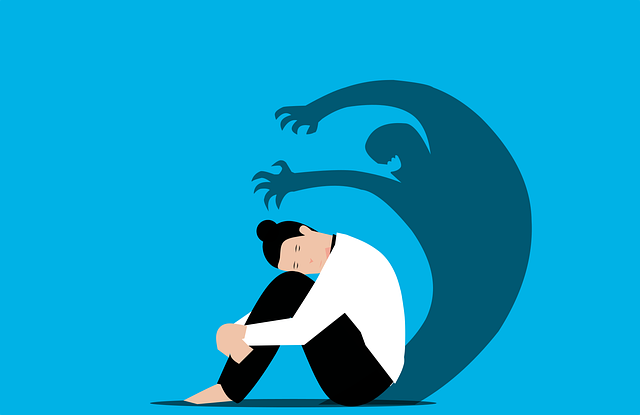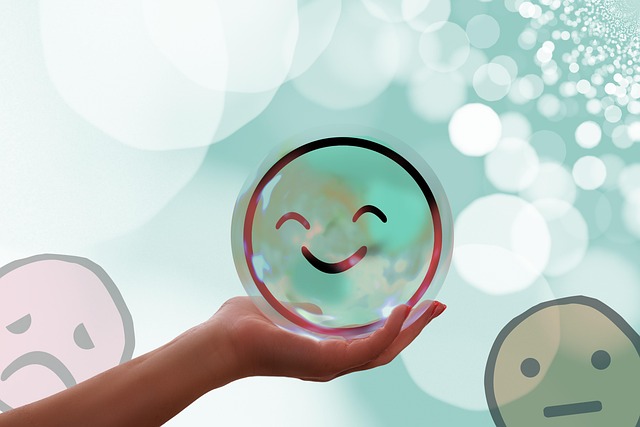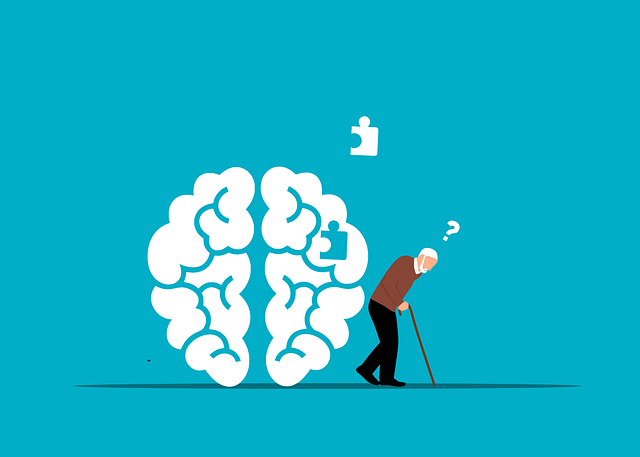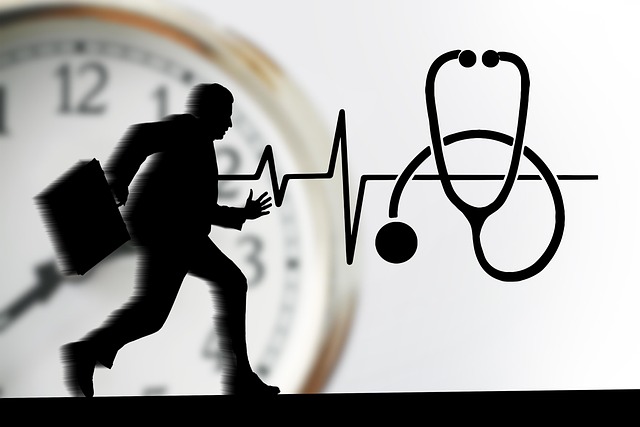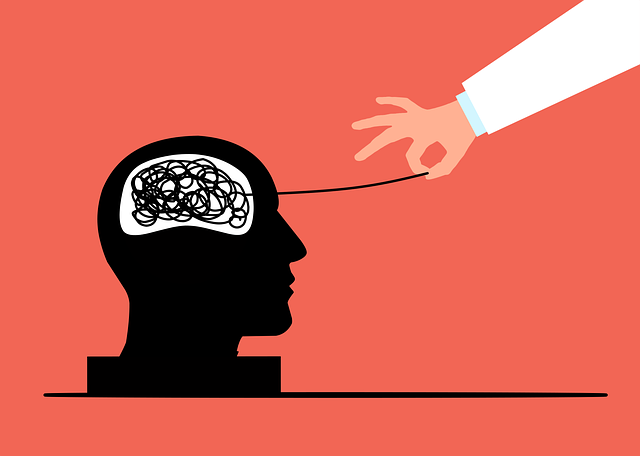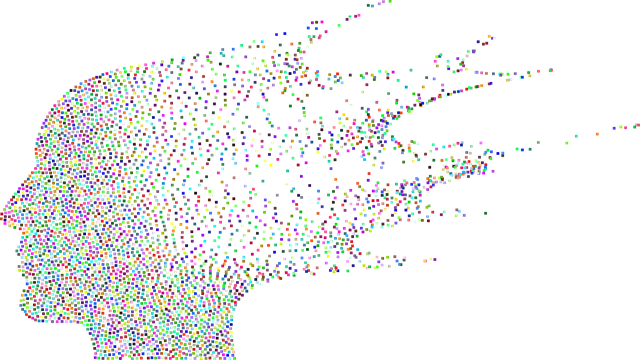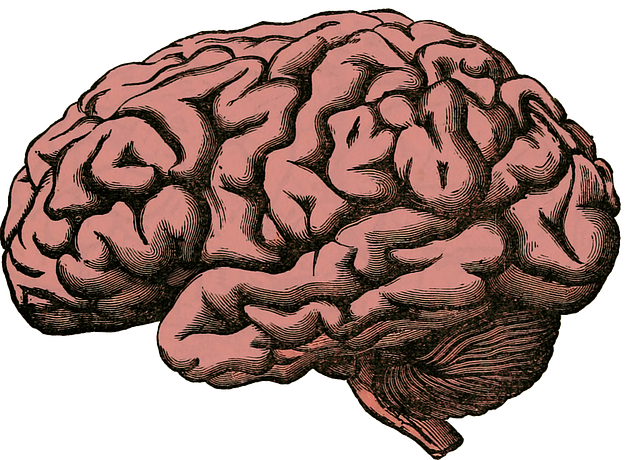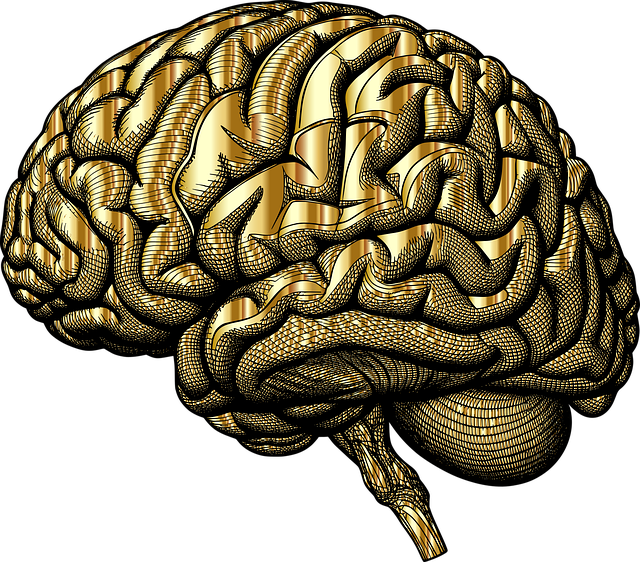Understanding mental wellness through self-assessment tools is crucial for effective therapy, focusing on emotions, behaviors, and social interactions. Centennial Self-Esteem Therapy prioritizes personal growth in a collaborative environment, addressing modern pressures like burnout in healthcare providers. This holistic approach integrates self-esteem practices to build resilience and interpersonal connections, fostering a sense of belonging. Developing user-friendly, evidence-based self-assessment tools like Centennial Self-Esteem Therapy involves rigorous research, feedback mechanisms, and continuous refinement based on usability, reliability, and validity data from diverse participants.
Mental wellness self-assessment tools play a pivotal role in facilitating effective therapy. In today’s fast-paced world, these tools empower individuals to take charge of their mental health. This article delves into the development and importance of such assessments, focusing on understanding mental wellness, the significance of self-esteem in the modern context, designing practical tools, and evaluating their impact. By exploring these aspects, we aim to enhance the effectiveness of Centennial Self-Esteem Therapy.
- Understanding Mental Wellness and Self-Assessment: Setting the Stage for Effective Therapy
- The Role of Self-Esteem in Centennial Context: A Key Component of Comprehensive Assessment
- Designing and Implementing Effective Tools: From Theory to Practice
- Evaluation and Iteration: Ensuring the Quality and Impact of Your Self-Assessment Framework
Understanding Mental Wellness and Self-Assessment: Setting the Stage for Effective Therapy

Understanding mental wellness is the first step towards fostering effective therapy. It involves recognizing and acknowledging both emotional and psychological aspects of an individual’s life, encompassing their thoughts, feelings, behaviors, and interactions with others. This holistic perspective is crucial for addressing various mental health concerns, including low self-esteem, which often requires tailored strategies such as empathy building techniques and self-esteem improvement exercises.
Self-assessment plays a pivotal role in this process by enabling individuals to introspect and gain insights into their mental wellness. Tools designed for this purpose should encourage open and honest reflection, guiding users through a journey of self-discovery. By integrating mind over matter principles, these assessments can empower people to take control of their emotional well-being. This proactive approach sets the stage for successful therapy, fostering a collaborative environment where individuals actively participate in their healing process, much like a Centennial Self-Esteem Therapy session, which prioritizes personal growth and transformation.
The Role of Self-Esteem in Centennial Context: A Key Component of Comprehensive Assessment

In today’s fast-paced and often stressful world, understanding and addressing self-esteem plays a pivotal role in mental wellness, especially within the context of a thriving centennial society. Beyond its impact on personal relationships and overall well-being, self-esteem serves as a cornerstone for resilience against the pressures and challenges unique to the modern era, including burnout prevention strategies for healthcare providers. Recognizing the intricate interplay between Centennial Self-Esteem Therapy and mental health awareness is essential. By integrating this knowledge into our approach, we can create more holistic support systems that empower individuals to navigate the complexities of daily life.
This focus on self-esteem as a key component of comprehensive assessment extends beyond individual therapy sessions. Incorporating practices such as social skills training within therapeutic frameworks allows for the development of healthy coping mechanisms and enhanced interpersonal connections—crucial elements in cultivating a sense of belonging and purpose, vital components of a fulfilling centennial life.
Designing and Implementing Effective Tools: From Theory to Practice

Developing effective self-assessment tools for mental wellness is a multifaceted process that bridges theory and practice. To create robust instruments like the Centennial Self-Esteem Therapy, which aims to boost confidence and support trauma recovery, researchers and practitioners must first establish evidence-based foundations. This involves thoroughly reviewing existing literature on mental health, self-esteem, and trauma, identifying key indicators, and validating their relevance through expert consultations and pilot studies.
Once theoretical frameworks are solidified, the design phase begins, focusing on clarity, accessibility, and cultural sensitivity. The tool should be user-friendly, adaptable to diverse populations, and capable of capturing nuanced experiences. Incorporating best practices from psychology, such as validated scales and reliable assessment methods, ensures accuracy and reliability. Moreover, integrating feedback mechanisms allows continuous improvement, aligning the tool with evolving mental health understanding and ensuring its relevance in a dynamic field like mental wellness.
Evaluation and Iteration: Ensuring the Quality and Impact of Your Self-Assessment Framework

The development of a mental wellness self-assessment tool is an iterative process that requires constant evaluation and refinement to ensure its effectiveness and impact. As you create and refine your framework, regular testing and feedback from users are crucial. This involves gathering data on the tool’s usability, reliability, and validity through pilot tests with a diverse range of participants. The insights gained from these initial trials can highlight areas for improvement, such as unclear questions or sections that require further clarification to enhance user understanding.
Iterative design allows you to incorporate feedback, making adjustments to improve the overall experience. For instance, if users struggle with certain aspects of the assessment, consider rephrasing items or adding supplementary questions to clarify concepts related to self-esteem, social skills, and trauma support services (like those offered through Centennial Self-Esteem Therapy). Regularly updating your tool based on user feedback ensures it remains relevant and beneficial for those seeking self-esteem improvement.
The development of mental wellness self-assessment tools, particularly focusing on Centennial Self-Esteem Therapy, is a powerful approach to empowering individuals in their mental health journeys. By combining insights from understanding mental wellness and the foundational role of self-esteem, these tools offer a comprehensive framework for effective therapy. Through practical implementation and continuous evaluation, as discussed in this article, professionals can create impactful resources that enhance client outcomes. This iterative process ensures that self-assessment tools remain relevant and adaptable to evolving needs, ultimately fostering better mental health awareness and support.
